en ja es pt
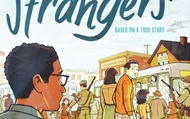
community
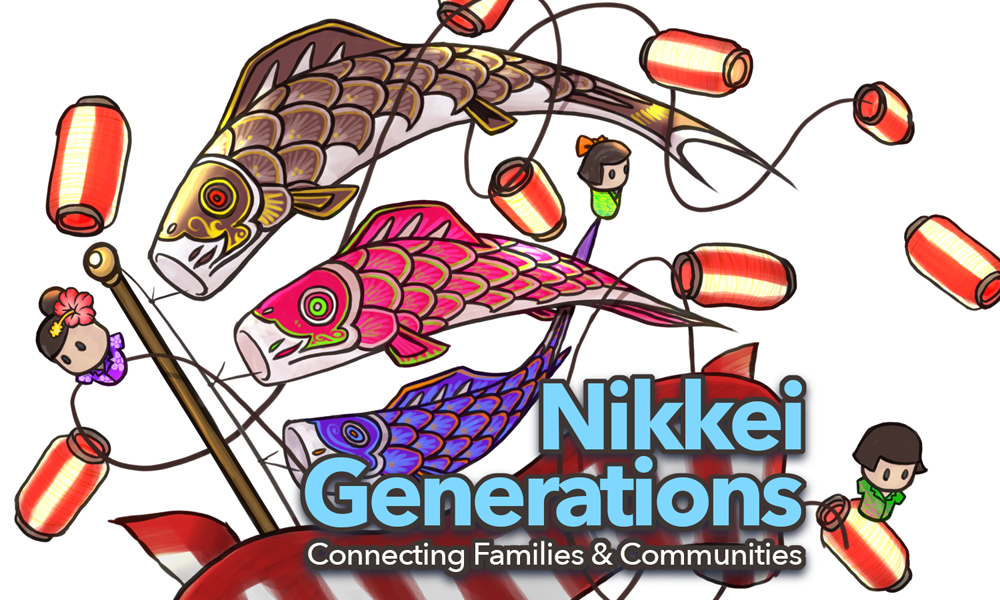
The theme of the 10th edition of Nikkei Chronicles—Nikkei Generations: Connecting Families & Communities—takes a look at intergenerational relationships in Nikkei communities around the world, with a particular focus on the emerging younger generations of Nikkei and how they connect (or don’t) with their roots and with older generations.
Discover Nikkei solicited stories related to Nikkei Generations from May to September 2021. Voting closed on November 8, 2021. We received 31 stories (21 English; 2 Japanese; 3 Spanish; and 7 Portuguese) from Australia, Brazil, Canada, Japan, New Zealand, Peru, and the US, with a few submitted in multiple languages.
Thank you very much to everyone who submitted their Nikkei Generations stories!
We asked our editorial committee to select their favorite stories. Our Nima-kai community also voted for the stories they enjoyed. Here are their selections!
English | Japanese | Spanish | Portuguese
English:
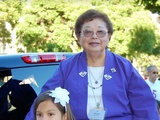
Oh, Bachan, How Your Garden Grows
By Kyra Karatsu
Comment from Christine Piper
Kyra Karatsu’s story “Oh, Bachan, How Your Garden Grows” is my pick of the English-language submissions this year. Karatsu takes the simple ritual of a family gathering as a starting point to explore notions such as the meaning of family, legacy, and customs—so important in immigrant communities. It ties to the “generations” theme well while also alluding to larger ideas. When does tradition trump modernity? What are the values we hold most dear? The evocative descriptions of setting and other literary qualities (e.g. use of metaphor) help to ground the narrative and create a pocket of stillness, so the act of reading it becomes an antidote to the ever-changing “fast” culture that surrounds us, and to which the author refers. Admirable for its depth and restraint, “Bachan” is a beautiful and uplifting story.
Japanese:
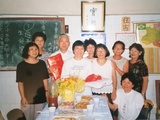
Happy To Be of Help—My Japanese-learning Classes
By Kazue Ishii
Comment from Shigeru Kojima
Since each of the two submissions had such an intriguing hook, I finished reading them in one go. One was about a story of a Japanese-Brazilian Nisei who devoted her life to serving the local community. The other was about the story of the first Nisei.
The former explains how the author got herself into teaching Japanese-learning classes as a volunteer, an anecdote she heard about mishearing the word soshiki as soushiki, because of the similarity in the way the two words sound. She says that the secret to running the classes of students from all different backgrounds was her genuine commitment and the class atmosphere that was always full of laughter. The latter story begins with a call that was thought to be a word about a funeral but turned out to be from a ship’s crew; the author talks about his encounter with the first Nisei daughter and shares the experience with readers.
Reading those stories was such a pleasant and heartwarming experience, which made it all difficult for me to pick one. Though it was hard to make the decision, I chose the former, Kazue Ishii’s “Happy to Be of Help—My Japanese-learning Classes,” which I believe is highly relatable, as my favorite.
Spanish:
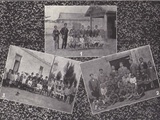
An Unfortunate Break
By José Yoshida Sherikawa
Comment from Sebastian Kakazu
Through the story of “An Unfortunate Break,” the author Jose Yoshida Sherikawa narrates in a very clear way the issues of a friendship, forged by migration, work, and sacrifice, that unfortunately has come to an end due to having different visions of Japan’s position regarding World War II. This story represents perhaps, many untold stories of unfortunate ruptures generated by the war. If the war hadn’t happened, would those friendships have continued? It is a question to which there is no answer. But I’d like to think that they could have continued. This story invites us to think on how we can lose valuable friendships due to temporary events that are out of our hands. A topic that is very current given the world scenario and that made me wonder if, after so many years, we have really learned something.
Portuguese:
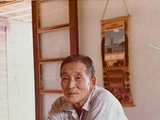
Comment from Claudio H. Kurita
It’s been a great pleasure and honor to take part in this jury. This year’s theme, Nikkei Generations: Connecting Families & Communities, has attracted a number of beautiful stories in which the authors convey their personal experiences with great intensity. The text that I’m highlighting was written by author Ana Shitara; titled “Ojichans,” it features various elements that are both touching and moving.
Her text allows readers to transport themselves to its many settings and thus recall their own ojichans (grandfathers) and obachans (grandmothers), and the time during which they lived in our country. Throughout the text, the author emphasizes an array of feelings—love, affection, guilt, and regret, among others—that bring it all closer to home, as these emotions are common in all families: a great clash of sensations.
At one point, she mentions how education was important to her grandfather. This offers a portrait of the beliefs of a large segment of the first and second generations: Hard work would provide the necessary means and support for their children to improve, through their studies, their living conditions and thus enjoy a better future.
Today we can see that the sacrifice was worth it, as many descendants belonging to the new generations have indeed managed to improve their social and financial conditions, while we also see many Nikkei playing key roles in various professional fields.
I must be grateful to my Ojichans and Obachans who did the same, and I congratulate Ana Shitara, who for a few minutes allowed me to fondly remember my grandfathers—Maruo-san and Akikazu-san—while thanking them in prayer for their dedication.
Thank you, Discover Nikkei, for the invitation, and keep up this wonderful and important work that helps with the integration and dissemination of Nikkei culture.
We have closed submissions for this series, but you can still share your story on Discover Nikkei. Please check our Journal submission guidelines to share your story!
We're deeply grateful for the participation of our Editorial Committee:
ENGLISH  Christine Piper is a mixed-race Japanese-Australian author. Her debut novel, After Darkness (Allen & Unwin 2014), is a story about a Japanese doctor interned as an enemy alien in Australia during World War 2. It won The Australian/Vogel’s Literary Award and was shortlisted for the prestigious Miles Franklin Literary Award, and is currently studied by Year 12 English students in the state of Victoria. She also won the 2014 Guy Morrison Award for Literary Journalism and the 2014 Calibre Essay Prize for her creative non-fiction essay “Unearthing the Past,” about civilian activists in Japan and the nation’s conflicted wartime memory.
Christine Piper is a mixed-race Japanese-Australian author. Her debut novel, After Darkness (Allen & Unwin 2014), is a story about a Japanese doctor interned as an enemy alien in Australia during World War 2. It won The Australian/Vogel’s Literary Award and was shortlisted for the prestigious Miles Franklin Literary Award, and is currently studied by Year 12 English students in the state of Victoria. She also won the 2014 Guy Morrison Award for Literary Journalism and the 2014 Calibre Essay Prize for her creative non-fiction essay “Unearthing the Past,” about civilian activists in Japan and the nation’s conflicted wartime memory.
JAPANESE
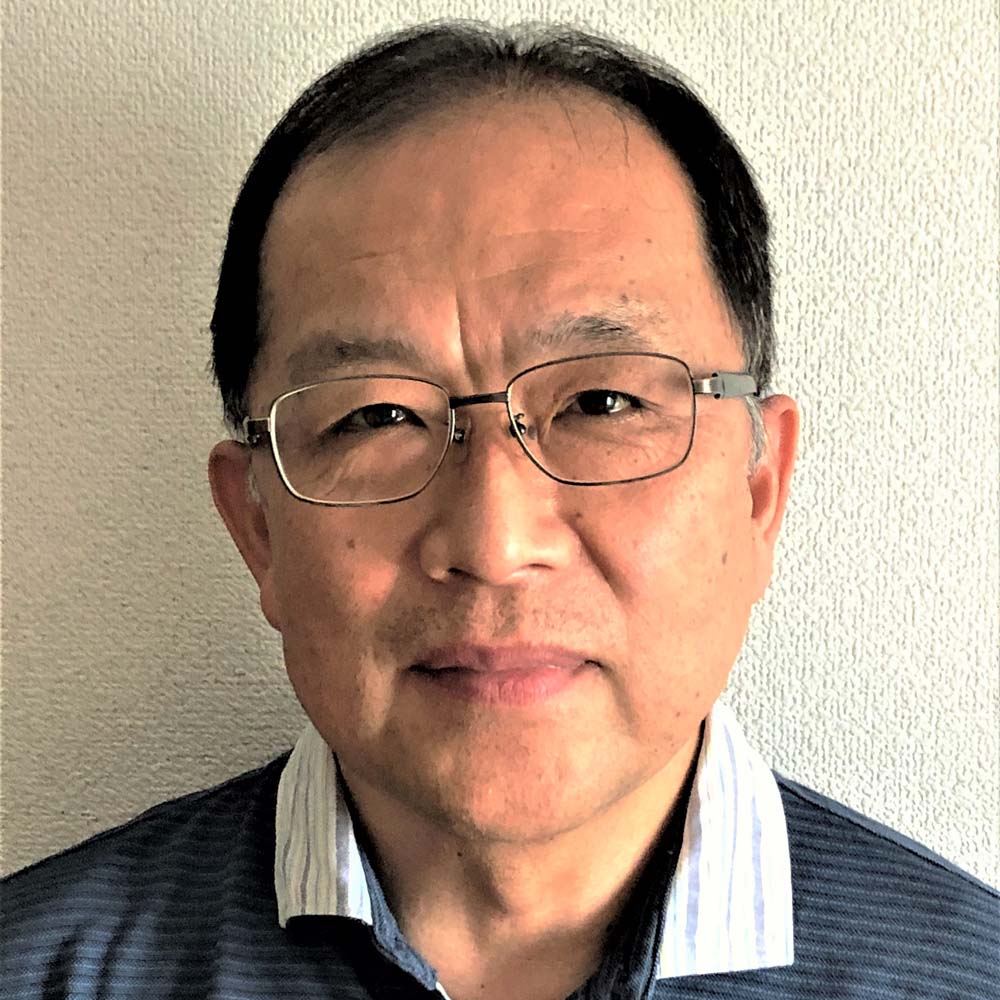 Shigeru Kojima was born and raised in Sanjo City, Niigata. He graduated from the Sophia University and received a Master’s degree in history from the Federal University of Paraná, Brazil. After teaching at places such as the Tokyo Gakugei University, he took part in the establishment of the JICA Yokohama Japanese Overseas Migration Museum. He is a researcher (on call) at the Advanced Research Center for Human Sciences at the Waseda University. He studies the immigration history and immigrants. His publications include “Nikkei community no shorai to matsuri” in The Nanboku America no Nikkei bunka (Jimbun Shoin, 2007); “Nihonjin imin no rekishi kara zainichi nikkeijin wo kangaeru - Brazil ijyu 100 shunen to nikkei no shosou” in Asia Yugaku 117 (Bensei, 2008); and “Kaigai ijyu to imin, hojin, nikkeijin” in Higashi Asia no Diaspora (Akashi Shoten, 2011).
Shigeru Kojima was born and raised in Sanjo City, Niigata. He graduated from the Sophia University and received a Master’s degree in history from the Federal University of Paraná, Brazil. After teaching at places such as the Tokyo Gakugei University, he took part in the establishment of the JICA Yokohama Japanese Overseas Migration Museum. He is a researcher (on call) at the Advanced Research Center for Human Sciences at the Waseda University. He studies the immigration history and immigrants. His publications include “Nikkei community no shorai to matsuri” in The Nanboku America no Nikkei bunka (Jimbun Shoin, 2007); “Nihonjin imin no rekishi kara zainichi nikkeijin wo kangaeru - Brazil ijyu 100 shunen to nikkei no shosou” in Asia Yugaku 117 (Bensei, 2008); and “Kaigai ijyu to imin, hojin, nikkeijin” in Higashi Asia no Diaspora (Akashi Shoten, 2011).
SPANISH
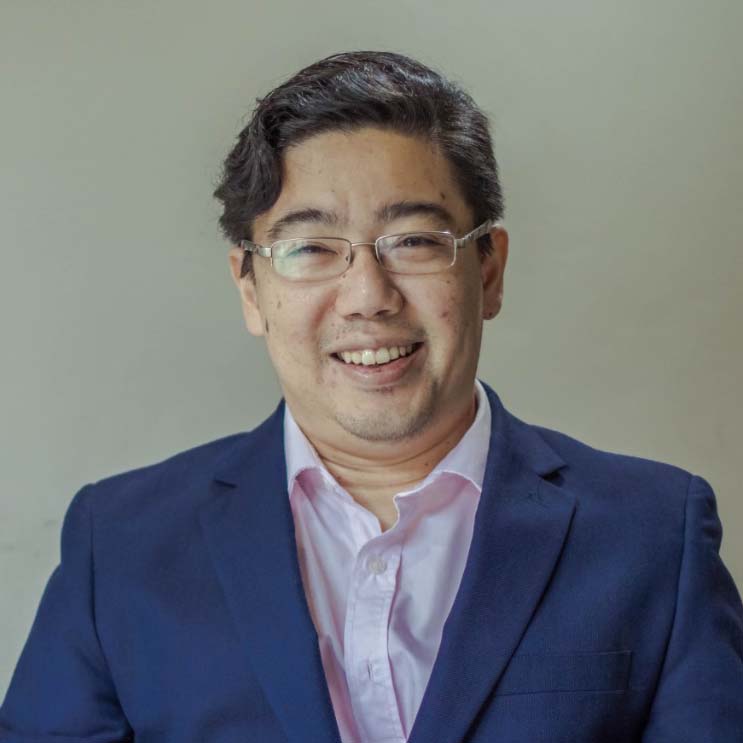 Sebastian Kakazu is an Argentinian Sansei living in Paraguay. As a professional certified coach of the International Coaching Federation, he is Founder and CEO of Kenmei Coaching, Inc. a human development and life quality company. He is the author of the book Kaizen Coaching. Sebastian is a past-President of Centro Nikkei Argentino and Pan American Nikkei Convention (COPANI) 2013 in Argentina. He is the founder and 1st coordinator of DALE! International Nikkei Youth Exchange Program. He has been recognized internationally, including receiving the Honor Diploma from Japanese Embassy in Argentina, the JICA scholarship in Kaizen & 5S in Yokohama, Japan, the Japanese Ministry of Foreign Affairs Scholarship for Nikkei Leaders, and Best Practice Chair in Vistage Paraguay.
Sebastian Kakazu is an Argentinian Sansei living in Paraguay. As a professional certified coach of the International Coaching Federation, he is Founder and CEO of Kenmei Coaching, Inc. a human development and life quality company. He is the author of the book Kaizen Coaching. Sebastian is a past-President of Centro Nikkei Argentino and Pan American Nikkei Convention (COPANI) 2013 in Argentina. He is the founder and 1st coordinator of DALE! International Nikkei Youth Exchange Program. He has been recognized internationally, including receiving the Honor Diploma from Japanese Embassy in Argentina, the JICA scholarship in Kaizen & 5S in Yokohama, Japan, the Japanese Ministry of Foreign Affairs Scholarship for Nikkei Leaders, and Best Practice Chair in Vistage Paraguay.
PORTUGUESE
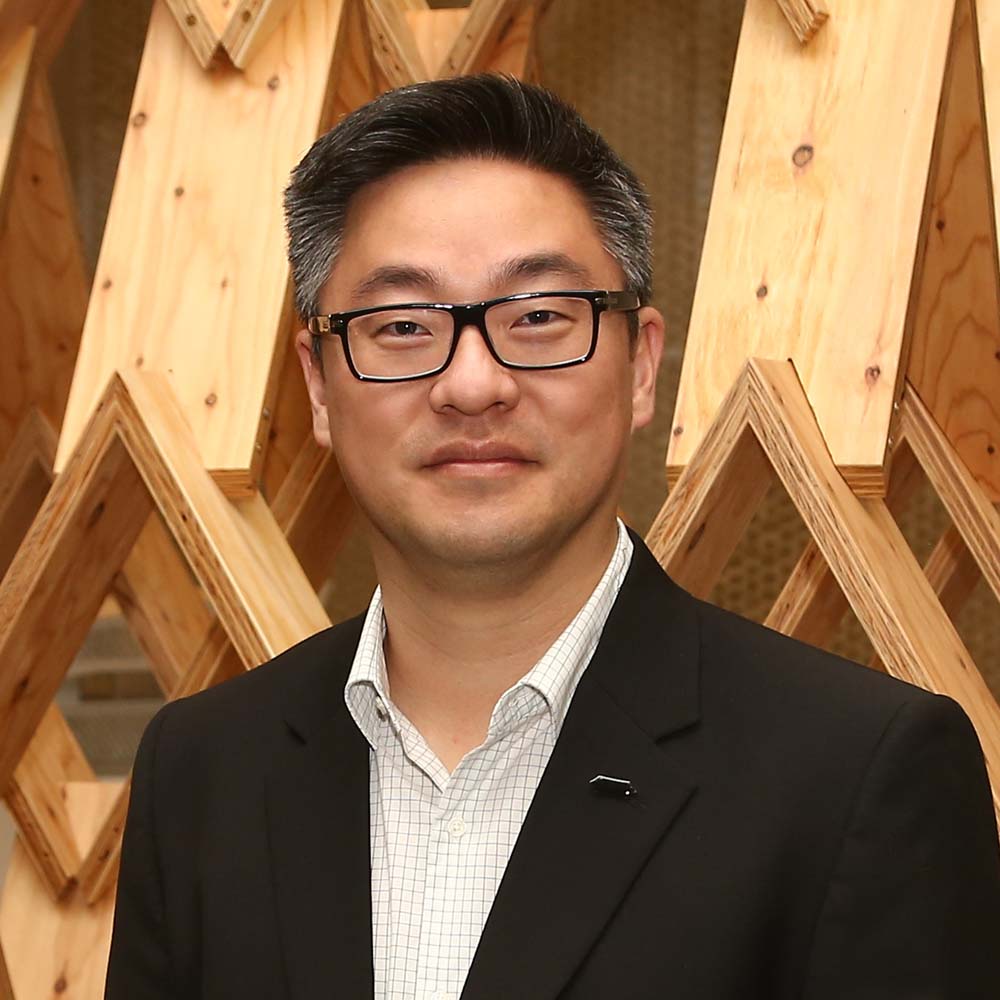 Claudio Hajime Kurita he has a degree in Advertising and currently serves as Events and Operations Director at Japan House São Paulo, a global project of the Japanese government. He worked for more than nine years at São Paulo City Hall and acted as Project Manager at Save the Children in Mexico. He held a scholarship at the IADB Youth Leadership Program in the U.S., took part in the Japanese Ministry of Foreign Affairs’ Youth Leaders Program, and studied National Development at the National Defense University (Republic of China) in Taiwan. In a volunteer capacity, he serves as Director of Bunkyo [Brazilian Society of Japanese Culture and Social Welfare], President of the Japanese Pavilion Commission, and Vice President of the Pan-American Nikkei Association of Brazil.
Claudio Hajime Kurita he has a degree in Advertising and currently serves as Events and Operations Director at Japan House São Paulo, a global project of the Japanese government. He worked for more than nine years at São Paulo City Hall and acted as Project Manager at Save the Children in Mexico. He held a scholarship at the IADB Youth Leadership Program in the U.S., took part in the Japanese Ministry of Foreign Affairs’ Youth Leaders Program, and studied National Development at the National Defense University (Republic of China) in Taiwan. In a volunteer capacity, he serves as Director of Bunkyo [Brazilian Society of Japanese Culture and Social Welfare], President of the Japanese Pavilion Commission, and Vice President of the Pan-American Nikkei Association of Brazil.
Thanks to Jay Horinouchi for designing our Nikkei Generations logo, and our wonderful volunteers and partners who help us review, edit, upload, and promote this project!
Disclaimer: By submitting your story, you are granting Discover Nikkei and the Japanese American National Museum permission to post your article and images on DiscoverNikkei.org, and potentially other publications in print or online affiliated with this project. This includes any translations of your work in association with Discover Nikkei. You, the writer, will retain copyright. Check Discover Nikkei’s Terms of Services and Privacy Policy for more details.